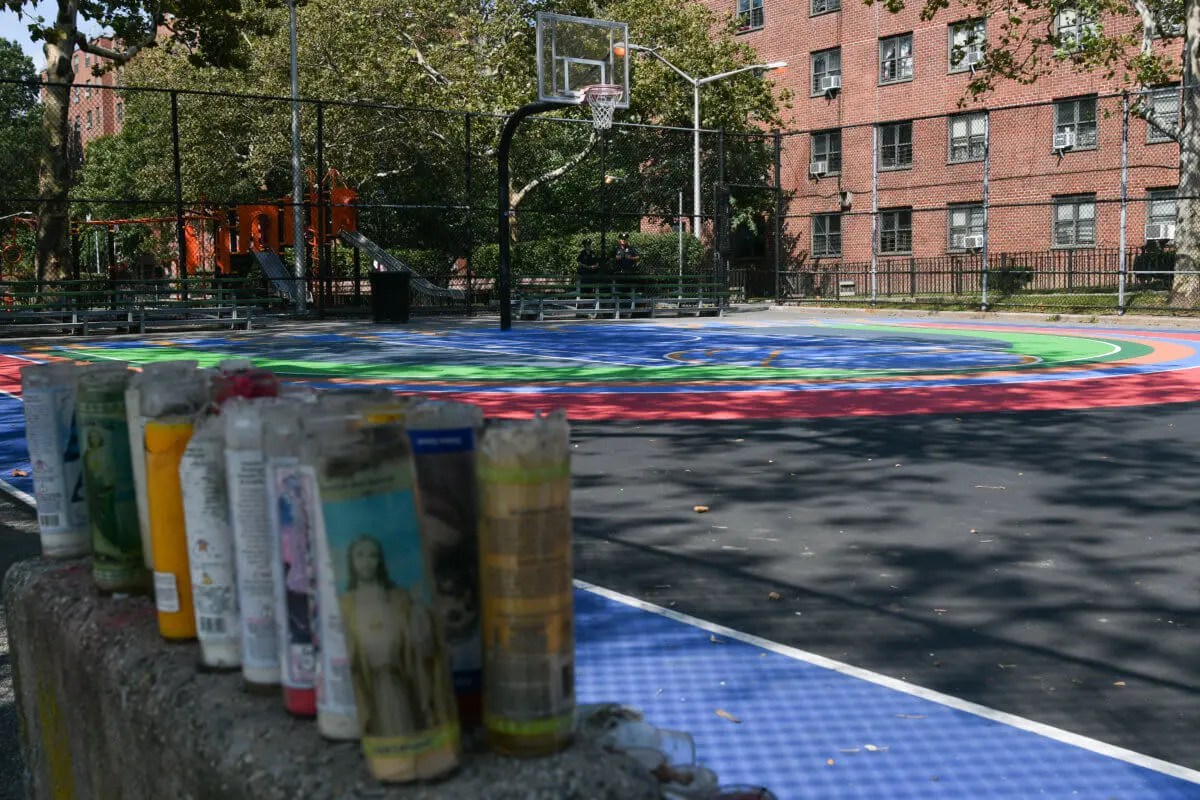By Albert Amateau
The U.S. Department of Housing and Urban Development last week sold the mortgage it has held on the Westbeth artists residential complex for nearly four decades to the New York City Housing Development Corporation.
The sale will not change the way Westbeth functions nor will it affect the 384 residents of the affordable housing development converted in the early 1970s from the former Bell Laboratories, according to Arnold Warwick, chairperson of the Westbeth board, and Steven Neil, Westbeth’s executive director.
“We do not anticipate any change in the oversight or regulation of Westbeth, except that we will now have someone else to write mortgage checks to every month,” Warwick said on Monday.
The city H.D.C. is a public benefit corporation that finances affordable housing projects in the city, Warwick explained. The sale of Westbeth’s mortgage is part of a larger transfer of HUD mortgages intended to allow the city to respond to preservation work in the mortgaged properties, according to an H.D.C. newsletter.
In a statement on the sale, HUD on Tuesday said, “In the hope of preserving Westbeth as an important affordable housing resource to Manhattan residents, HUD decided that the best course of action to achieve this would be to sell the note to the City of New York.”
In a letter to Westbeth residents yesterday, Warwick recalled that in the late 1960s Westbeth’s founders borrowed the money to convert Bell Labs to an artists residence. The private lender at the time and Westbeth joined a federal loan insurance program to make the mortgage safe for the lender and low cost for Westbeth. That mortgage was sold to the Government National Mortgage Association (commonly known as Ginny May) in 1970 and Ginny May sold it to HUD in 1975, Warwick explained.
Westbeth ran into financial problems in the mid-1980s, but Westbeth and HUD agreed on a new mortgage plan in 1992, and that plan remains in effect now that H.D.C. holds the mortgage, Warwick said.
Neil said last week that Westbeth’s $1.3 million mortgage will be paid off to H.D.C. in June 2011, when the complex will have to look for another lender. Westbeth has recently replaced the roof of one building in the complex and reconstructed another building’s roof.
“We have a lot more work to do, and we’re exploring potential lenders,” Neil said.
The good news for Westbeth in June was that the city real estate tax-abatement program that applied to Westbeth for the past 40 years has been renewed for another 40 years. Nevertheless, Westbeth last year sought permission from HUD for yet another rent increase.
HUD has not yet responded.
“It takes a long time for those decisions,” Warwick said. “Any increase would have to be predicated on our expenses,” he added.
The abatement granted in June means that Westbeth had to reapply for a lower rent increase, he said. About a quarter to a third of Westbeth residents have their rents subsidized by the federal Section 8 program or the city Senior Citizens Rent Increase Exemption (SCRIE) program, and would not be required to pay the increase.

































